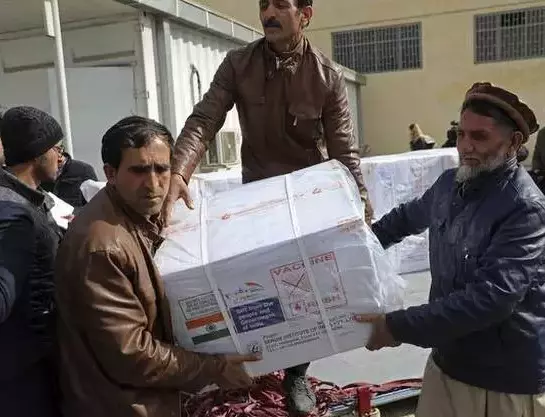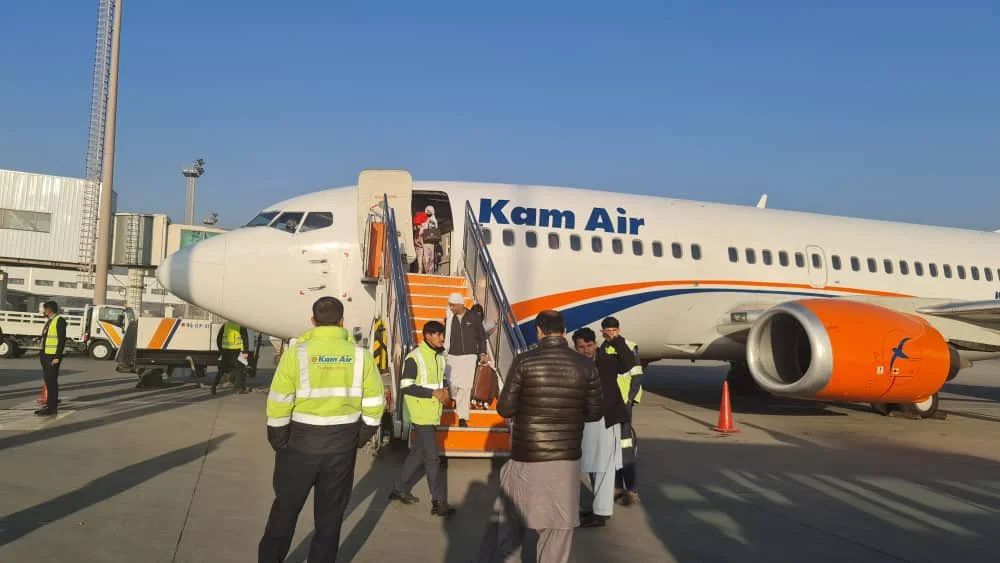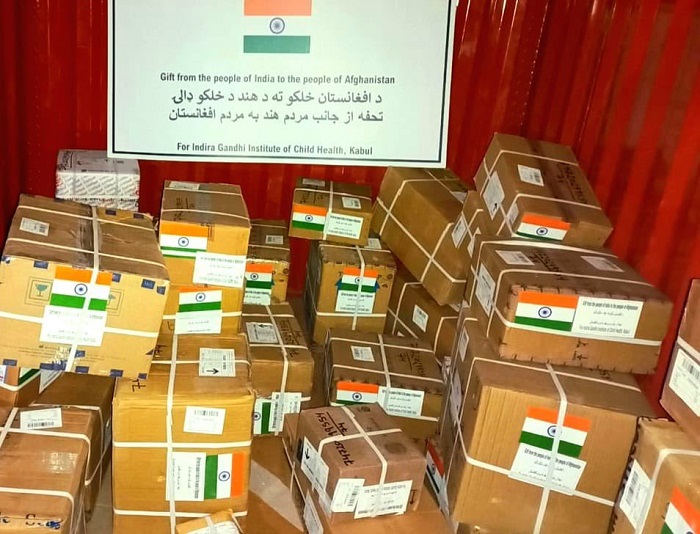India has already sent 40,000 metric tonnes of wheat and joined Afghanistan’s war against Covid-19 by dispatching 32 tonnes of medicines to its northern neighbour, which is going through a turbulent transition.
Making a statement at a United Nations Security Council (UNSC) briefing on Afghanistan, India’s Permanent Representative to the UN Ruchira Kamboj said on Tuesday that India has always responded urgently when it comes to the humanitarian needs of the Afghan people.
The tonnes of medical assistance include essential life-saving medicines, anti-TB medicines, and 500,000 doses of the Covid vaccine which have been handed over to the World Health Organisation and the Indira Gandhi Children’s Hospital in Kabul.
India has also dispatched over 40,000 Metric Tonnes of wheat to Afghanistan so far and signed an agreement with the UN World Food Programme (UNWFP) to ensure its fair and just distribution within the country.

Not only this, an Indian technical team has also been deployed at the Indian embassy in Kabul in order to closely monitor and coordinate the efforts of various stakeholders for the effective delivery of humanitarian assistance and engage with the Afghan people.
Kamboj told UNSC that India’s approach to Afghanistan has always been guided by its historical friendship and special relationship with the people of Afghanistan. The top diplomat mentioned that humanitarian assistance should be based on the principles of neutrality, impartiality, and independence.
“The disbursement of humanitarian aid should be non-discriminatory and accessible to all Afghans. In particular, assistance should reach the most vulnerable first, including women, children, and minorities,” stated Kamboj.

India also made it clear that peace and security in Afghanistan are critical imperatives that everyone should collectively strive for.
The Indian ambassador stressed that concrete progress needs to be made in ensuring that proscribed terrorists, entities, or their aliases, do not get any support, tacit or direct, either from Afghan soil or from the terror sanctuaries based in the region.
“The linkages between groups listed by the UN Security Council such as the Lashkar-e-Tayyaba and the Jaish-e-Mohammed as well as provocative statements made by other terrorist groups operating out of Afghanistan pose a direct threat to the peace and stability of the region,” said Kamboj.
She added that New Delhi will continue to call for an inclusive Afghanistan that represents all sections of the society.
Also Read: Russia says India can make a significant contribution to stabilise Afghanistan




















